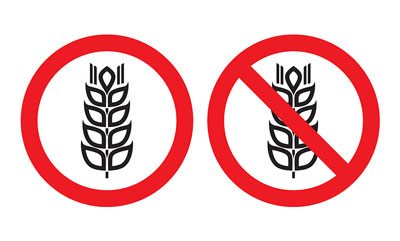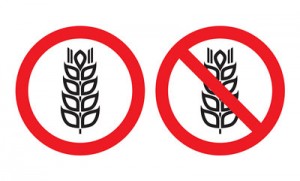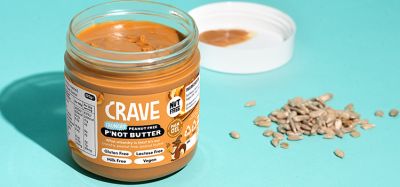IPA responds to a study that found traces of gluten in probiotics
- Like
- Digg
- Del
- Tumblr
- VKontakte
- Buffer
- Love This
- Odnoklassniki
- Meneame
- Blogger
- Amazon
- Yahoo Mail
- Gmail
- AOL
- Newsvine
- HackerNews
- Evernote
- MySpace
- Mail.ru
- Viadeo
- Line
- Comments
- Yummly
- SMS
- Viber
- Telegram
- Subscribe
- Skype
- Facebook Messenger
- Kakao
- LiveJournal
- Yammer
- Edgar
- Fintel
- Mix
- Instapaper
- Copy Link
Posted: 28 May 2015 | Victoria White | No comments yet
The IPA has responded to a study conducted by CUMC researchers that found that more than half of popular probiotics contain traces of gluten…


The International Probiotics Association (IPA) has responded to a study conducted by investigators at the Coeliac Disease Centre at Columbia University Medical Centre (CUMC) that found that more than half of popular probiotics contain traces of gluten.


The study, presented by CUMC gastroenterologist Dr Samantha Nazareth at Digestive and Disease Week, revealed that 12 out of 22 of the top-selling probiotics in the US had detectable gluten.
Many patients with coeliac disease take probiotics
“Many patients with coeliac disease take dietary supplements, and probiotics are particularly popular,” said Dr Nazareth. “We have previously reported that coeliac patients who use dietary supplements have more symptoms than non-users, so we decided to test the probiotics for gluten contamination.”
Gluten is a protein found in wheat, rye, and barley, and patients with coeliac disease need to eliminate it from their diet or face pain, bowel symptoms, and an increased risk of cancer. The investigators used liquid chromatography-mass spectrometry, a sensitive detection technology, to quantify gluten content. Most of the probiotics that tested positive for gluten contained less than 20 parts per million of the protein, and would be considered gluten-free by FDA standards. However, four of the brands (18% of the total) contained in excess of that amount.
More than half of the 22 probiotics tested were labelled gluten-free
More than half of the 22 probiotics were labelled gluten-free, but this had no bearing on whether or not traces of gluten were present. Two probiotics that did not meet FDA standards carried the label.
“We have been following reports in the scientific literature and news media on inaccurate labelling of nutritional supplements, and it appears that labels claiming a product is gluten-free are not to be trusted, at least when it comes to probiotics,” said Dr Peter Green, professor of medicine and director of the Coeliac Disease Centre, “This is a potential hazard for our patients, and we are concerned.”
It is uncertain whether these trace amounts of gluten could cause symptoms or otherwise harm patients with coeliac disease. “We know that most patients with coeliac disease only develop intestinal damage when consuming more than 10 milligrams of gluten daily, and it is unlikely that contaminated probiotics can lead to that amount unless patients are ingesting mega-doses²,” said Dr Benjamin Lebwohl, assistant professor of medicine and epidemiology at the Coeliac Disease Centre and a co-author of the study.
Still, these findings raise troubling questions, Dr Lebwohl says, “Why is there any gluten in these products? Why should the consumer pay any attention to gluten-free labelling on such products? And given the great consumer interest in probiotics, will regulatory bodies take action to protect the public?”
Some ingredients may carry traces of wheat or barley
The IPA has explained that while manufacturers do not add wheat or barley during their production process, some ingredients may carry traces of these ingredients, and thus may introduce very small amounts of gluten. To control for this, certified production ingredients can be used or, if those are not available, products should be tested using accredited laboratories and methods to ensure levels remain below the ‘gluten-free’ labelling limit.
Probiotic bacteria require complex growth media that contain a range of ingredients but these can be controlled for the presence of gluten and other allergens. If a manufacturer chooses not to control for the presence of gluten, its products cannot be guaranteed as gluten-free. It is normal practice that only products labelled as gluten-free can be expected to be gluten-free.
The IPA has said that it is open to working with the researchers at the Coeliac Disease Centre in order to understand the findings and explore the results in more detail.




